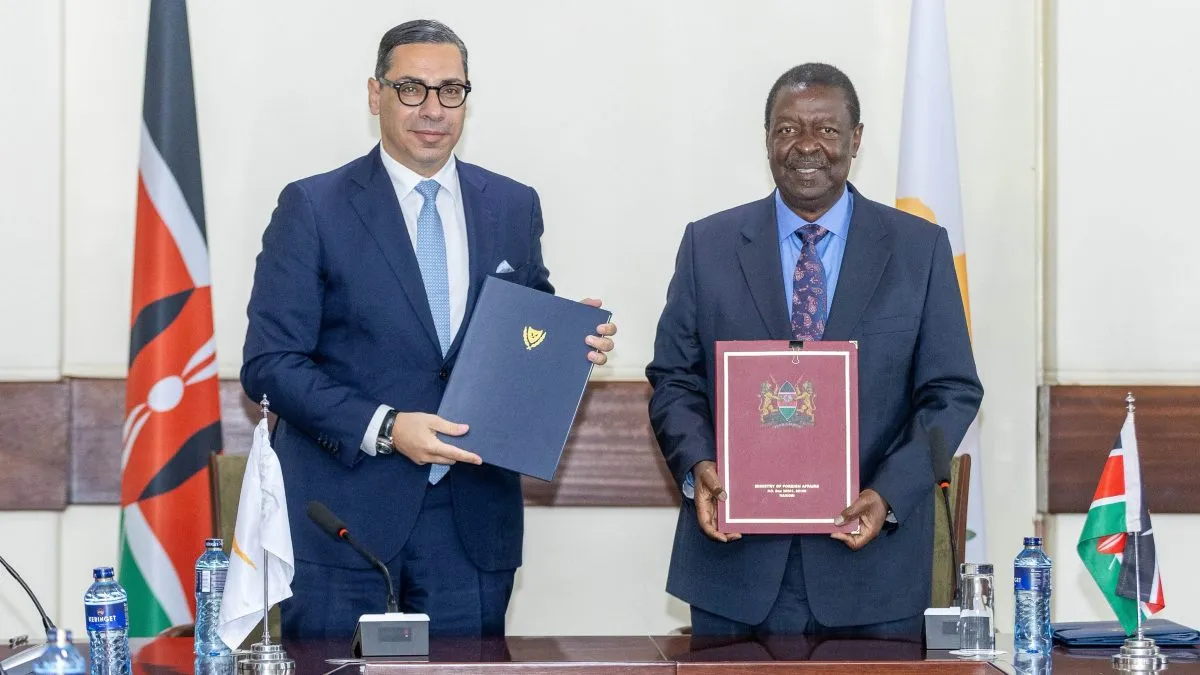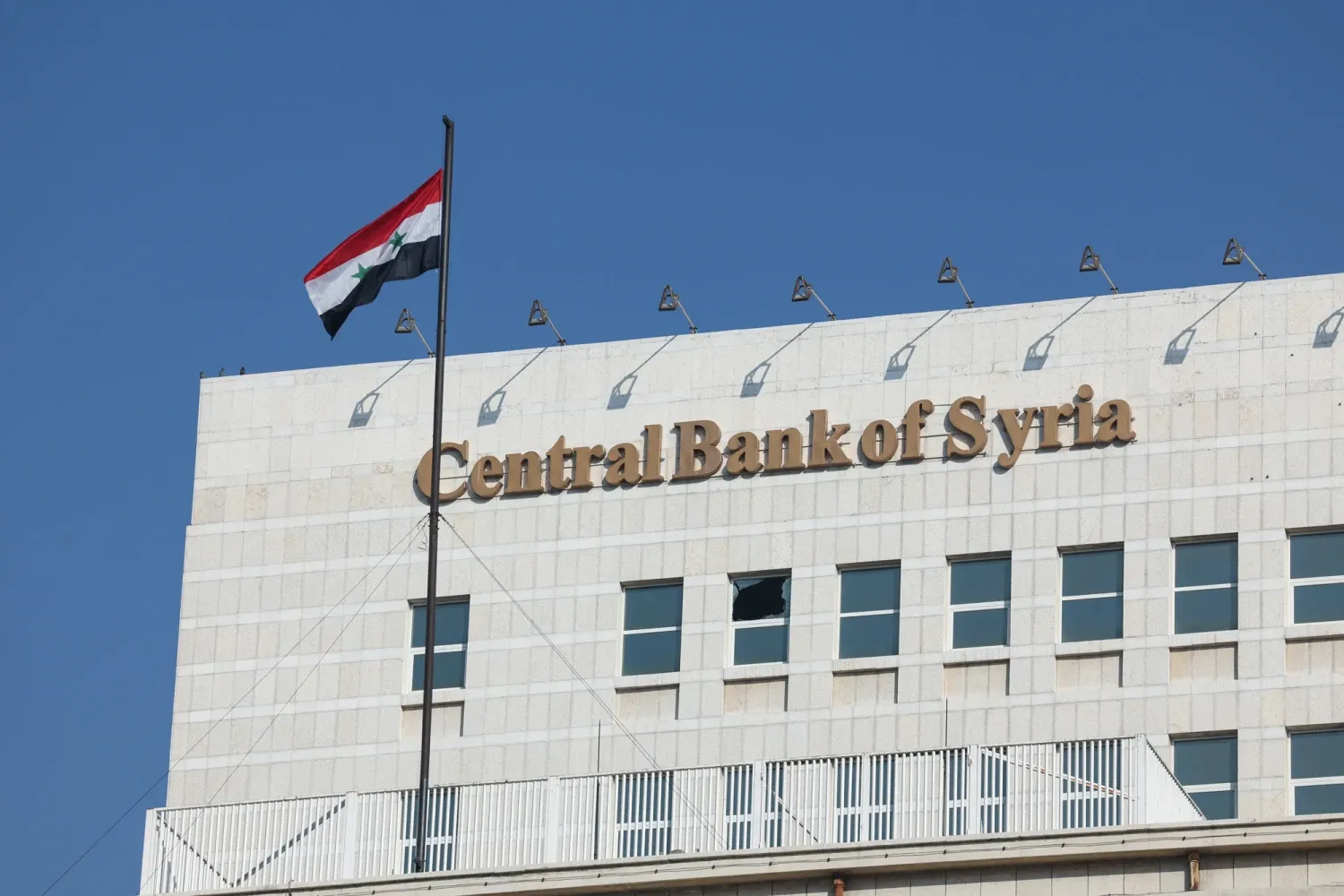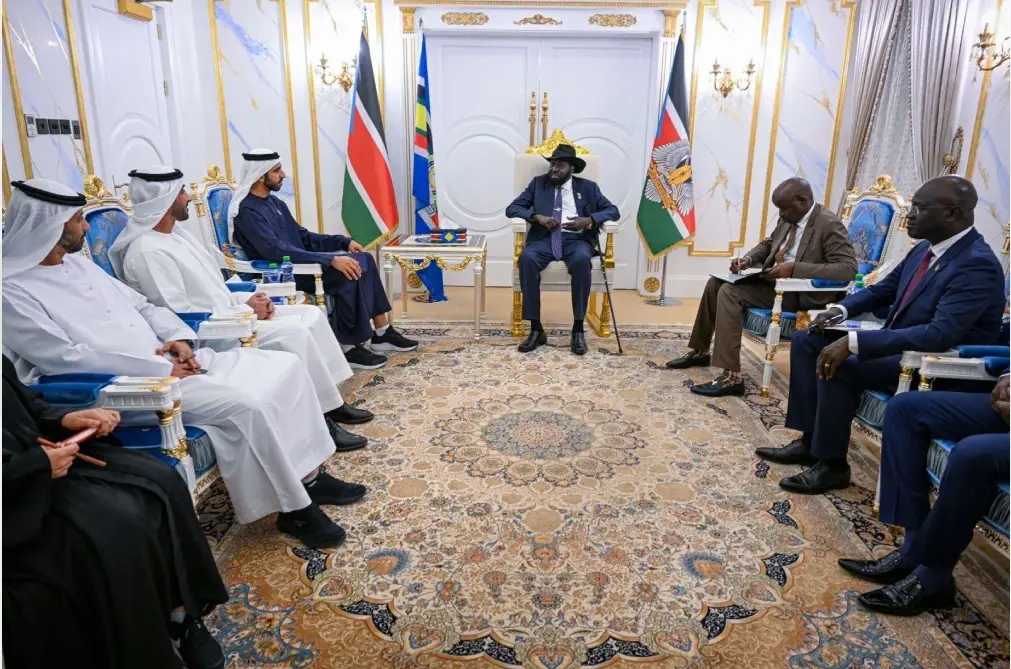In a significant move to modernize its financial landscape, South Sudan has introduced strict limits on cash withdrawals in an effort to promote the use of electronic payment systems. The Bank of South Sudan (BoSS), the country’s central banking authority, has capped daily cash withdrawals at SSP10 million (approximately $3,730.58) per individual or entity. The restrictions apply to both the public and private sectors, as part of a broader initiative aimed at reducing the reliance on physical currency and fostering the digitalization of the nation’s financial services.
Encouraging a Cashless Economy
This decision is part of South Sudan’s broader efforts to shift towards a more cashless society. The central bank has been vocal about the benefits of digital transactions, highlighting their potential to lower costs associated with printing and handling physical currency. BoSS has urged individuals and businesses to embrace various electronic payment platforms, including mobile money, credit, and debit cards, which are considered to be more efficient, cost-effective, and secure compared to cash transactions.
In a circular issued on September 16, 2024, the central bank emphasized that any cash withdrawal exceeding the SSP10 million threshold would have to be conducted through bank deposits, interbank transfers, or mobile money transactions. This approach is aimed at ensuring greater oversight of cash flow within the economy, while simultaneously boosting financial inclusion by making it easier for more citizens to open bank accounts and engage with the formal financial system.
“The public is encouraged to embrace electronic payment platforms, including mobile money, credit and debit cards, which incur low charges on transactions while offering convenience and establishing individual credit history,” the circular stated. This statement underscores the central bank’s commitment to integrating digital financial services into the broader economy, ensuring that citizens can access these platforms seamlessly.
Expanding Financial Inclusion
One of the key objectives of this new policy is to bring more people into the formal financial sector. South Sudan’s banking system has traditionally been exclusionary, with many citizens unable to access basic banking services due to a variety of barriers, including complex account-opening procedures and geographical limitations. To address these issues, BoSS has directed commercial banks to simplify the process of opening accounts, particularly for those who have historically been excluded from the financial system.
The central bank’s policy signals a transformative step towards digitalization in South Sudan, where financial technology applications are becoming increasingly essential for economic operations. This policy shift is expected to mitigate the risks associated with carrying large amounts of cash, while also enabling more efficient transactions, faster payments, and improved security. In addition, the move will allow the central bank to exercise greater control over the cash in circulation, which is crucial for the effective implementation of monetary policy.
Addressing Economic Challenges
South Sudan’s economy is heavily reliant on oil revenues, which account for more than 90% of the country’s foreign exchange earnings. However, declining oil production, coupled with ongoing political instability and the conflict in neighboring Sudan, has placed significant pressure on the nation’s economy. The country is also grappling with a shortage of US dollars, which has exacerbated inflation and led to a sharp decline in the value of the South Sudanese pound.
In an effort to stabilize the currency and reduce the demand for US dollars, the Bank of South Sudan suspended the use of foreign currencies in local transactions in February 2023. This move was intended to promote the use of the South Sudanese pound, which had been significantly undermined by hyperinflation and volatility. According to the central bank, the widespread use of the US dollar in domestic transactions was fueling speculation in the foreign exchange market and putting additional pressure on the already limited supply of hard currency.
Despite these efforts, South Sudan continues to face significant economic challenges. The International Monetary Fund (IMF) has warned that the country’s risk of debt distress remains high, due to its heavy reliance on oil revenues, high debt service costs, and low levels of foreign exchange reserves. The country’s fiscal buffers are also weak, leaving it vulnerable to external shocks.
The Impact of Conflict and Climate Change
South Sudan’s economic difficulties have been further exacerbated by the ongoing conflict in neighboring Sudan, which has led to a disruption in trade and a spillover of violence. The situation has been worsened by protracted flooding in many parts of the country, which has destroyed crops and displaced communities. These twin crises have compounded the already severe humanitarian situation in South Sudan, where an estimated 7.1 million people are facing acute food insecurity.
The challenges facing South Sudan are not only economic but also political. The country is preparing for national elections in 2024, and the government is under increasing pressure to finance the incorporation of newly constituted security forces into the national payroll. This comes at a time when international humanitarian assistance is declining, further straining the country’s limited resources.
According to the IMF, South Sudan’s economy is expected to remain fragile for the foreseeable future, with ongoing political instability, climate-related shocks, and declining oil revenues posing significant risks to its recovery prospects. However, the IMF has also highlighted the potential benefits of the country’s digitalization efforts, particularly in the financial sector. By promoting the use of electronic payment systems, South Sudan could reduce its reliance on foreign currency and strengthen the role of the South Sudanese pound in the economy.
International Monetary Support and Reforms
In light of South Sudan’s economic challenges, international organizations like the IMF and the World Bank have been providing financial assistance and technical support to help the country stabilize its economy and implement necessary reforms. These efforts are aimed at improving the country’s fiscal management, enhancing transparency in public financial operations, and reducing corruption.
The IMF has urged South Sudan to accelerate its structural reforms, particularly in the areas of governance, public financial management, and the oil sector. The country’s oil industry, which is its main source of revenue, has been plagued by mismanagement and corruption, leading to significant revenue losses. Strengthening oversight and accountability in this sector is seen as critical to ensuring that oil revenues are used to support economic development and poverty reduction.
The Role of Financial Technology in South Sudan’s Future
As South Sudan continues to face significant economic and political challenges, the digitalization of its financial services sector offers a glimmer of hope for the country’s future. By promoting the use of mobile money and other electronic payment platforms, the government and central bank are taking important steps toward creating a more inclusive, efficient, and resilient financial system.
Mobile money services have already gained traction in other African countries, such as Kenya and Uganda, where they have revolutionized the way people conduct financial transactions. In South Sudan, where access to traditional banking services is limited, the adoption of mobile money could play a key role in expanding financial inclusion and reducing the costs associated with cash transactions.
Furthermore, the shift towards a cashless economy could help reduce the risks of corruption and money laundering, which have been persistent problems in South Sudan. By increasing transparency in financial transactions, digital payment systems could help authorities track and combat illicit financial flows, thereby improving governance and strengthening the country’s institutions.
Conclusion
South Sudan’s decision to limit cash withdrawals and promote electronic transactions marks an important step in the country’s journey towards a cashless economy. While the country faces numerous economic challenges, including a shortage of foreign exchange, declining oil revenues, and ongoing political instability, the digitalization of its financial services sector offers a potential pathway to greater financial inclusion, transparency, and economic stability.
By embracing electronic payment platforms and reducing its reliance on cash, South Sudan could improve its monetary policy, reduce the risks associated with carrying physical currency, and enhance the efficiency of its financial system. However, the success of these efforts will depend on the government’s ability to implement reforms, address underlying economic challenges, and build a more resilient and inclusive economy for all its citizens.
photo source: Google
By: Montel Kamau
Serrari Financial Analyst
23rd September, 2024
Article, Financial and News Disclaimer
The Value of a Financial Advisor
While this article offers valuable insights, it is essential to recognize that personal finance can be highly complex and unique to each individual. A financial advisor provides professional expertise and personalized guidance to help you make well-informed decisions tailored to your specific circumstances and goals.
Beyond offering knowledge, a financial advisor serves as a trusted partner to help you stay disciplined, avoid common pitfalls, and remain focused on your long-term objectives. Their perspective and experience can complement your own efforts, enhancing your financial well-being and ensuring a more confident approach to managing your finances.
Disclaimer: This article is for informational purposes only and does not constitute financial advice. Readers are encouraged to consult a licensed financial advisor to obtain guidance specific to their financial situation.
Article and News Disclaimer
The information provided on www.serrarigroup.com is for general informational purposes only. While we strive to keep the information up to date and accurate, we make no representations or warranties of any kind, express or implied, about the completeness, accuracy, reliability, suitability, or availability with respect to the website or the information, products, services, or related graphics contained on the website for any purpose. Any reliance you place on such information is therefore strictly at your own risk.
www.serrarigroup.com is not responsible for any errors or omissions, or for the results obtained from the use of this information. All information on the website is provided on an as-is basis, with no guarantee of completeness, accuracy, timeliness, or of the results obtained from the use of this information, and without warranty of any kind, express or implied, including but not limited to warranties of performance, merchantability, and fitness for a particular purpose.
In no event will www.serrarigroup.com be liable to you or anyone else for any decision made or action taken in reliance on the information provided on the website or for any consequential, special, or similar damages, even if advised of the possibility of such damages.
The articles, news, and information presented on www.serrarigroup.com reflect the opinions of the respective authors and contributors and do not necessarily represent the views of the website or its management. Any views or opinions expressed are solely those of the individual authors and do not represent the website's views or opinions as a whole.
The content on www.serrarigroup.com may include links to external websites, which are provided for convenience and informational purposes only. We have no control over the nature, content, and availability of those sites. The inclusion of any links does not necessarily imply a recommendation or endorsement of the views expressed within them.
Every effort is made to keep the website up and running smoothly. However, www.serrarigroup.com takes no responsibility for, and will not be liable for, the website being temporarily unavailable due to technical issues beyond our control.
Please note that laws, regulations, and information can change rapidly, and we advise you to conduct further research and seek professional advice when necessary.
By using www.serrarigroup.com, you agree to this disclaimer and its terms. If you do not agree with this disclaimer, please do not use the website.
www.serrarigroup.com, reserves the right to update, modify, or remove any part of this disclaimer without prior notice. It is your responsibility to review this disclaimer periodically for changes.
Serrari Group 2025





